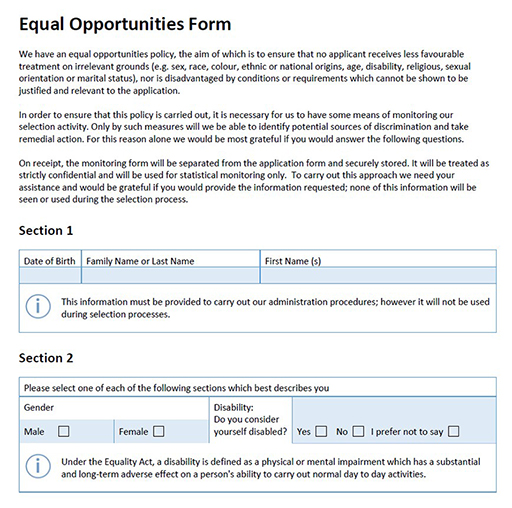2 To declare or not to declare?
Many individuals remain unaware that the challenges they face are linked to a learning difficulty like dyslexia, or they may be fearful of disclosing it. This lack of awareness or fear of disclosure often results in people not accessing the appropriate support they need, and not reaching their full potential as a result (Beetham and Okhai, 2017). However, there is no legal obligation to disclose dyslexia if an individual believes it does not affect their ability to perform their job.
Dyslexia is not always viewed positively – some cultures do not recognise it at all, and accordingly provide little or no support. Educational institutions (including universities) and employers have a duty to implement reasonable adjustments; in the UK, this falls under the Equality Act 2010. This Act can be incredibly helpful in supporting a dyslexic person to engage their potential and achieve success. It can also foster a more understanding environment among peers and colleagues. Despite the strengths associated with dyslexia, many people do not want to be labelled due to the stigma, potential victimisation by employers, or bullying by colleagues (Beetham and Okhai, 2017).
Where or how to disclose?
There are several ways to disclose dyslexia. One option is to mention it in the ‘equal opportunities’ section of a job application form, or during the interview process. If this was not done initially, individuals can update their employer via human resources, or have a candid conversation with their line manager.
Example form
Here’s an excerpt from an ‘equal opportunities’ form to give a general idea about how they look – the exact format and layout will vary.
Activity 1 Self-reflection
How would you feel about having a diagnosis of a learning difficulty like dyslexia? Would you want to disclose it, or prefer to keep silent? Why? Note down some thoughts.
Deciding whether to disclose learning difficulties or any ‘hidden disability’ in the workplace is a complex decision with pros and cons, and a range of possible outcomes. Sharing this information can lead to understanding and tailored support. Remaining silent might avoid immediate discomfort, but can result in long-term performance issues. Research by Beetham and Okhai (2017) highlights that without appropriate support, employees may struggle to meet their potential, ultimately affecting their work performance and overall wellbeing. When applying for a job, sharing information about your condition can lead to adjustments being made to accommodate you at the recruitment stage, such as bypassing certain types of assessment, having extra time provided if needed, and ensuring accessibility.
Good to know
An employer only has the duty to make adjustments where they are aware (or could reasonably be expected to know) that a worker has a disability (Equality and Human Rights Commission, 2019).
Privacy and confidentiality are key factors in this process. Employers should be careful not to ask intrusive questions or ones that violate someone’s dignity. Privacy is a human right protected by law. After some challenges have been identified, rather than asking ‘do you have a disability like dyslexia?’ it may be more appropriate to ask a question like ‘what can we do to help you thrive?’


